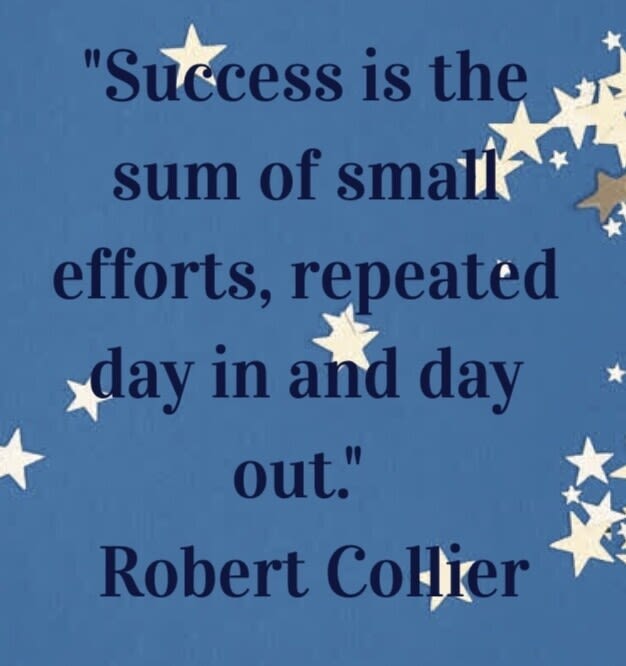Coping With Difficult Times

posted 1st July 2025

Coping With Difficult Times: A Psychological Perspective
Life is full of challenges. Whether it's a sudden loss, a change in circumstance, or an accumulation of daily pressures, stressors are an inevitable part of the human experience. What matters most is how we respond.
Understanding Stress as a Normal Part of Life
From a psychological standpoint, stress is a natural physiological and emotional response to pressure. In small doses, it can motivate us—but when persistent or overwhelming, it can begin to impact our mood, sleep, relationships, and decision-making. It’s important to acknowledge that experiencing stress or emotional discomfort does not mean you're "failing"—it simply means you're human.
The Role of Lifestyle in Resilience
Research shows that people who maintain healthy routines—regular sleep, a balanced diet, exercise, and meaningful social contact—are more resilient to stress. These habits support emotional regulation, boost neurotransmitters like serotonin and dopamine, and create a solid foundation for coping.
By contrast, many people understandably turn to short-term "coping" strategies like alcohol, emotional eating, or avoidance behaviours. While these may offer momentary relief, they often exacerbate anxiety, disrupt sleep, and reduce the mental clarity needed to address the real issue.
Mindfulness and Cognitive Awareness
At the London Clinic Psychologist, we often help clients notice the internal stories they tell themselves during difficult times. Catastrophising—imagining the worst-case scenario—or ruminating—replaying negative thoughts on loop—can fuel anxiety and depression.
Mindfulness-based practices encourage us to become observers of our thoughts without immediately reacting to them. Keeping a thought diary is a powerful way to identify unhelpful thinking patterns, challenge distortions, and reframe problems more constructively.
Small Shifts That Make a Big Difference
Practices like yoga, meditation, and daily movement help regulate the nervous system. These don’t require perfection—just consistency. Even ten minutes a day of stillness, reflection, or movement can significantly shift how you feel and respond.
We also encourage people to slow down impulsive decision-making. When overwhelmed, it's common to seek instant fixes. But long-term wellbeing often lies in tolerating discomfort while choosing healthier coping strategies.
When to Seek Help
If your stress is beginning to affect your work, relationships, or basic functioning—such as sleeping, eating, or focusing—it may be time to seek professional support. A psychologist can help you make sense of your experience, build emotional resilience, and develop healthier ways to navigate hardship.



